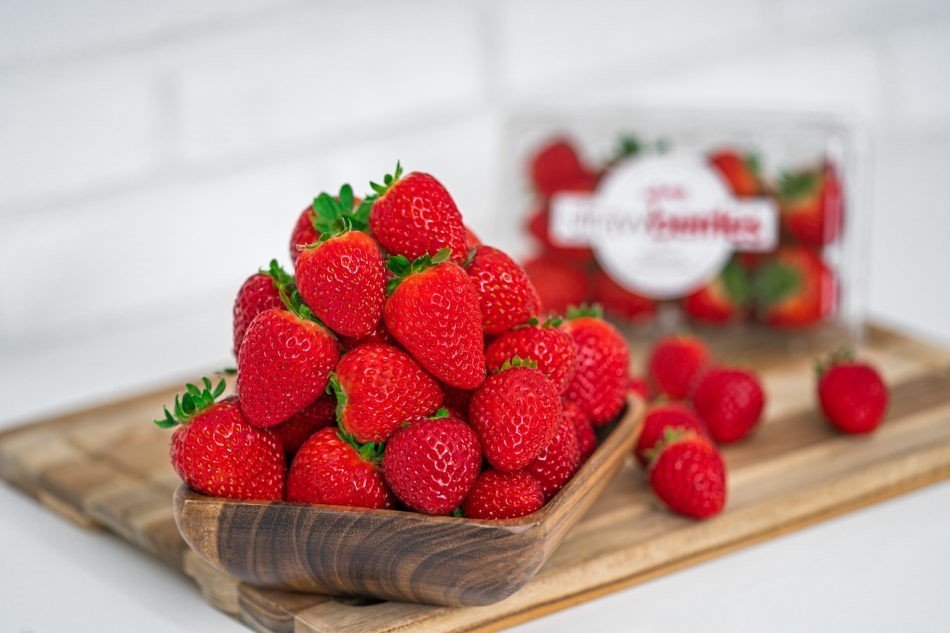Aquafighter® introduces ‘Water-free diesel tech’ for farms in US
Aquafighter®, the first product giving farmers the power to purify fuel directly inside the tank and to keep tank bottoms dry.
Aquafighter®, a new technology for removing water from diesel fuel and keeping fuel tanks water-free, is growing their sales network worldwide and seeking increased distribution in North America.
Mike Veloso with Pritchard Power Systems in Canada explained, “Aquafighter is a very simple, inexpensive solution for eliminating water in your fuel and in your tank. As a company based in Winnipeg we are quite familiar with the challenges that farmers have with water in their fuel tanks as well as the fuel that they allow into their engines. We are proud to offer a solution that can not only treat this problem, but to actually cure it.”
Steve Schultz of DieselCare AS, developer and manufacturer of the Aquafighter® technology, said, “When we brought Aquafighter to market in January of 2020 we had our focus in the fuel station industry as we have 45 years experience in that field and phenomenal results in the 2+ years of Aquafighter use with fuel station tanks prior to market launch. However; we have expanded our focus as we understand the large amounts of diesel that farms use every year and the amount of storage tank contamination, machinery repairs and filter replacements that can largely be traced back to water in the fuel and in the fuel tank; especially with the increase in biodiesel use.”
Aquafighter® is a simple non-additive, non-energy consuming, easy to use fuel purifying technology that is easily installed into the bottom of the fuel tank that will keep both diesel and biodiesel water-free and eliminate or greatly reduce the risks created from water/condensation in the fuel tank such as diesel bug, microbial growth, tank corrosion, clogged filters, injector misfire, reduction in fuel efficiency, loss of acceleration, fuel degradation, engine stall and engine failure.
Aquafighter®, the first product giving farmers the














